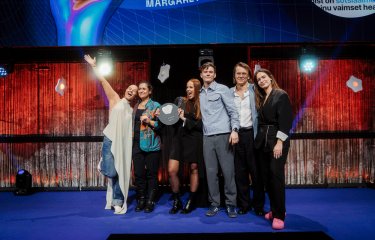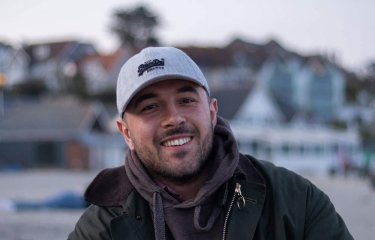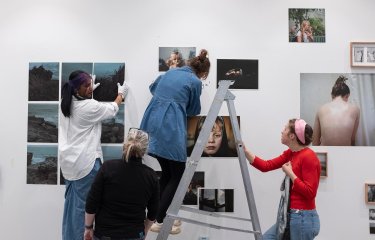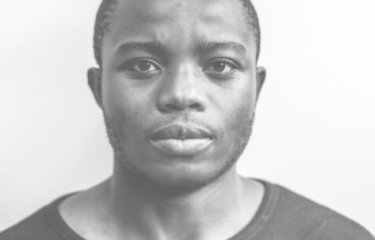Graduate spotlight: a new sense of self-confidence through indie game development
15 September 2022
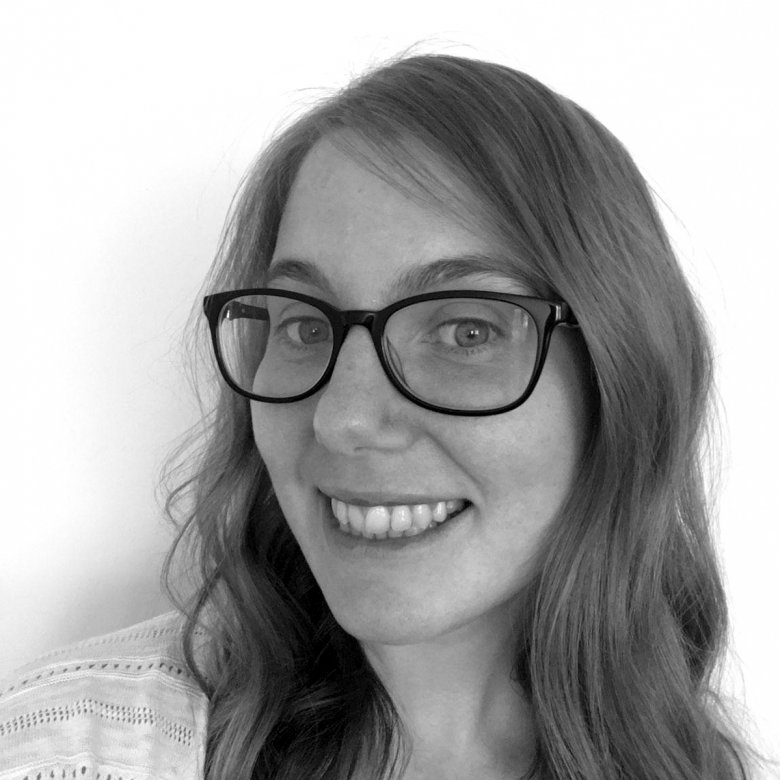
Game developer Sarah Masters wants her work to make a positive impact in the world. Having recently graduated from our master’s in Indie Game Development, she’s currently undertaking a PhD as part of the world’s largest games research programme. We talked to her about her work, and her experience on the course.
What first got you interested in indie games and designing your own games?
I developed an interest in computers and games from a very early age and was privileged to have access to a computer. So, I started to explore web design and programming. I got really into Neopets, designing my own pets and web pages. I used to really enjoy web-based and HTML games, as well as narrative games, and started to take an interest in those that had an important core message – ones that had something important to say while also being fun and engaging. That interest has developed over the years, and I continue to like using games as a medium for expression.
How did you find out about Falmouth’s MA in Indie Game Development, and what made you decide to study it?
I was specifically looking for an online course in games, and was considering game art, but many of those courses were delivered on-campus. I’d already experienced online learning with another provider, and my son was only two at the time, so the MA at Falmouth fitted around having a young child and work commitments – I was certainly very busy in the evenings! In addition to that, when I discovered the course, I was really impressed that it had a focus on programming.
Which module was your favourite and why?
It’s a toss-up between Indie Game Start-Up and the Final Major Project. I had so much autonomy on the Final Major Project – you could really do whatever you wanted to do, and it gave me a space to focus on my own passions and interests, and really bring them into the project. I got so much academic supervision, too. It has been incredible to learn from my supervisor Jeff Howard - having his guidance and input has been fantastic.
I also really enjoyed Indie Game Start-Up. It was certainly one of the most challenging and intensive modules; you had to make a game, demo it, pitch it, and promote it. But that is the life of an indie game developer - whether on your own or in a team - so it was a useful dose of reality. We developed key skills in how to market a game, and how to find out whether your game is viable – it doesn’t necessarily have to be for profit, but questioning whether it serves a purpose. It’s important to know where your game will fit into the world, and where it can make a difference. A few of us have even discussed setting up our own micro-studio now we’ve finished the course.
Not only have I developed all the skills I was missing, but I have also learned to stop putting myself down so much and to have belief in myself.
What was the most valuable thing you learned on the course?
Doing a master’s degree is quite introspective at times, and so the biggest thing I’ve learned is about my own confidence. Before doing the course, I used to really struggle with it, but Falmouth as an online learning provider has such a strong community. I've made so many friends, and we’re meeting up soon in real life, which is exciting! Overall, my confidence has grown so much, helped by the support I’ve received from the academic team - Jeff, Jamie and Giovanni. They encourage everyone to share their work, get feedback, and really take part in everything. When I started the course, I was so anxious that I would fail, despite being well-prepared. Not only have I developed all the skills I was missing, but I have also learned to stop putting myself down so much and to have belief in myself.
How do you find studying online?
The amount of contact time with tutors has been great – they were always available to talk, and I’ve got to know them really well. The way the course materials are presented is absolutely fabulous; they've been easy to access and of a very high standard. But the sense of community is the big one – I don’t know quite how Falmouth did it! I've made some great friends, and there’s been lots of forums full of debate and discussion. It’s a community full of passionate people, all from different countries and with different specialisms; programmers, artists, animators. So, I've been able to learn so much about all those different specialisms.
You’re currently working on a PhD in Computer Science. What are you going to be exploring as part of your studies, and what are your ambitions for the future?
My PhD is with iGGi, a research centre for Intelligent Games and Game Intelligence based across the University of York, Queen Mary University, Goldsmiths and University of Essex. It is the world’s largest PhD research programme focusing on games and takes on roughly 12 doctoral students per year. I’m exploring the role of emotion in persuasive games, and how we can get players to reflect on societal and political issues, with a focus on climate change action. Outside of the PhD I'm going to continue to make games – I’m doing a game jam at the moment for Serious Games looking at water resilience. After the PhD I would like to run my own company, possibly focusing on user experience for games, bridging the gap between the academic and industry-focused sides of game design.
If you could give a prospective Indie Game Development student some advice, what would you say?
Firstly, play to your strengths. While it’s important to fill the gaps in your skillset through learning, do remember what you’re good at; if you’re an amazing artist, or programmer, show that off. Secondly, try to relax and enjoy it! Academia is stressful – I read somewhere that postgraduate study is one of the most intensive programmes you can take. But I’ve had so much fun. And finally, get involved in the community. I was so anxious when I first joined the course, but I persisted, got involved in all the forums, started discussions and spoke up. And I’m so glad I did.


